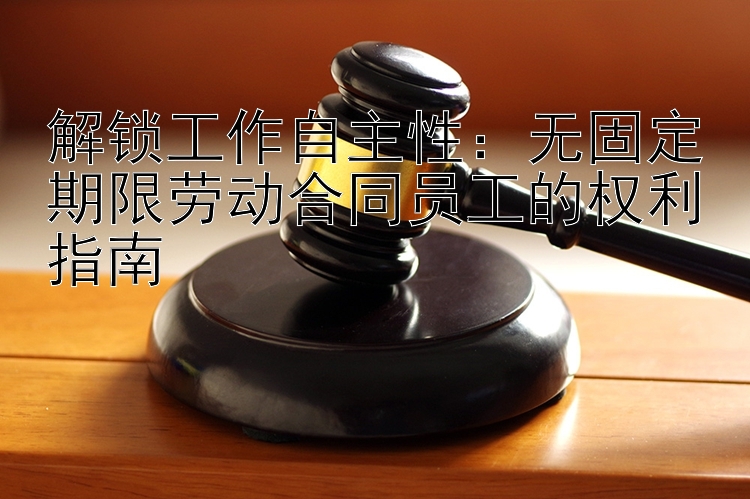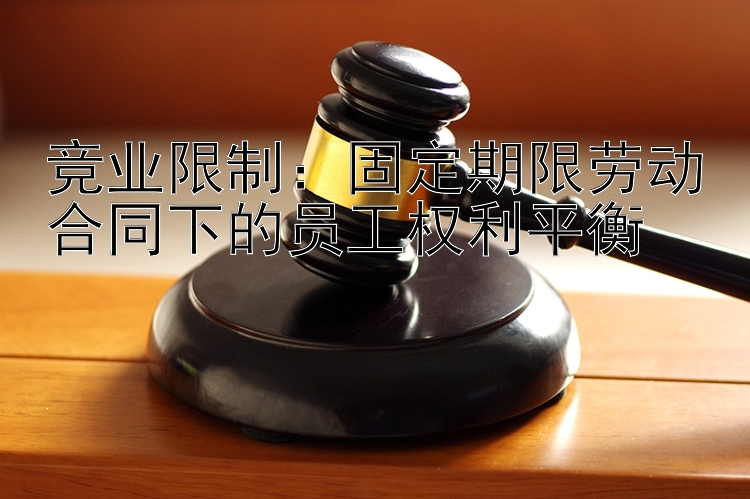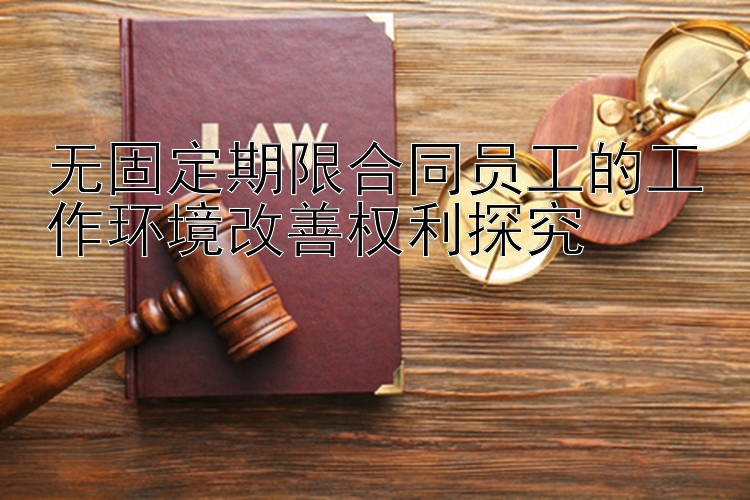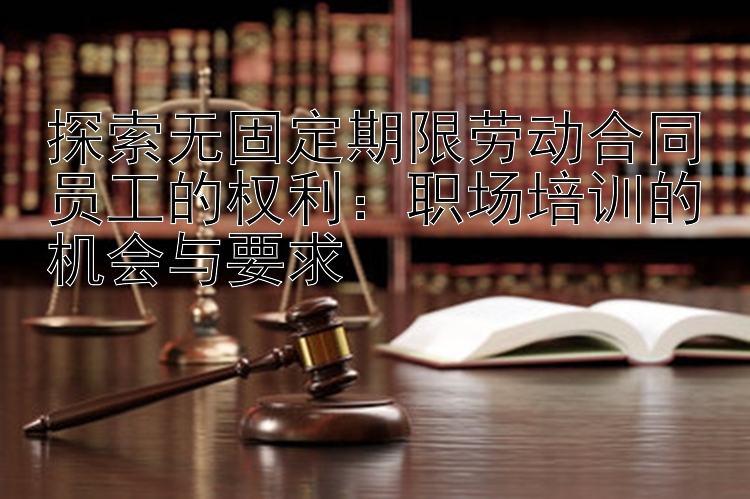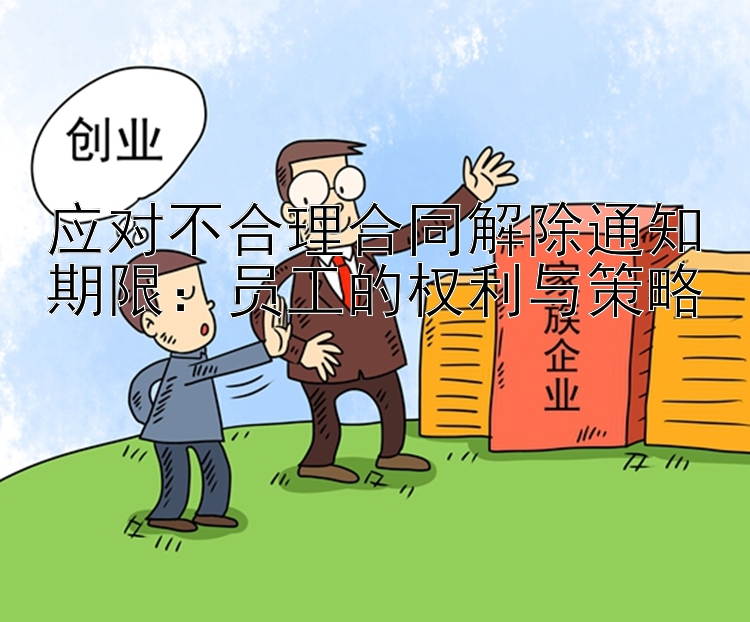在公司雇佣关系中,保密协议和竞业限制是保护雇主商业秘密的重要手段。然而,这些协议中的违约金条款可能会对离职员工的就业自由产生负面影响。本文将探讨员工在面对不合理的高额保密违约金时,如何维护自己的权益并提供相应的策略。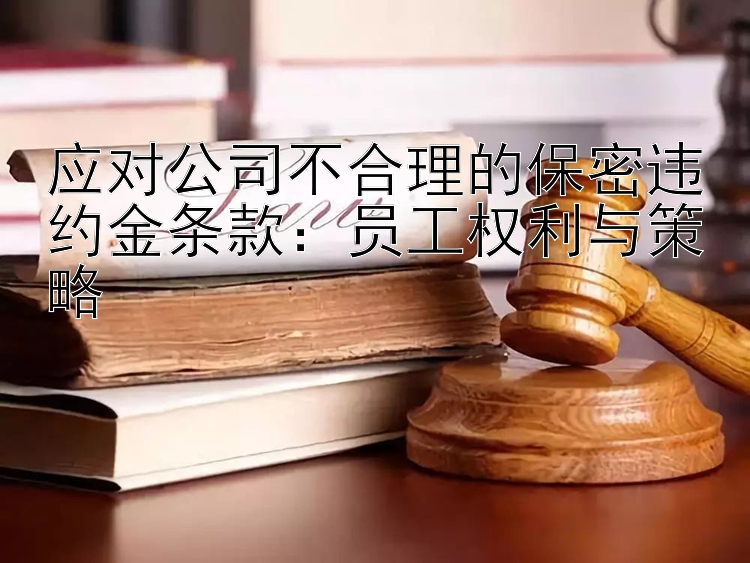
1. 理解保密协议和竞业限制
在签署任何合同之前,员工应该仔细阅读并理解其中的内容,特别是涉及到保密和竞业禁止的条款。通常,这些条款旨在防止员工泄露公司的敏感信息或在与竞争者合作时使用这些信息。然而,如果这些条款过于宽泛或不公平,它们可能被视为无效。
2. 审查保密协议的有效性
员工有权要求律师帮助审查保密协议和竞业限制条款的法律有效性和合理性。以下是一些可能导致条款无效的因素:
- 时间期限过长:根据法律规定,竞业限制的时间不应超过一定年限(例如,在中国,竞业限制最长不得超过两年)。
- 地理范围过大:竞业限制的地理范围应与其工作职责相符,而不是一刀切的全国甚至全球范围。
- 行业限制不当:竞业限制不应该阻止员工在其专业领域内继续从事相关工作,而应该是针对特定的竞争对手。
- 补偿不足:如果员工因遵守竞业限制而遭受经济损失,他们应当得到足够的补偿以弥补损失。
3. 评估违约金数额的合理性
当面对高额保密违约金时,员工可以通过以下几个方面来评估其合理性:
- 违约行为的严重程度:轻微违反保密义务和故意泄露机密信息的违约金可能会有所不同。
- 雇员的经济状况:高额违约金可能会给经济能力有限的员工带来不公平的压力。
- 当地法律法规:了解当地的劳动法规定,包括关于保密协议和竞业限制的规定以及可能的罚款上限。
4. 寻求法律援助
如果员工认为保密违约金过高且不合理,他们可以考虑以下策略:
- 协商和解:尝试与前雇主进行谈判,达成双方都可以接受的解决方案。
- 法律诉讼:如果无法通过协商解决问题,员工可以选择起诉,主张违约金过高或不公。
- T he Use of Unreasonable Confidentiality Breach Liquidated Damages Clauses: Employee Rights and Strategies
In employment relationships, confidentiality agreements and non-compete clauses are crucial tools for protecting an employer's trade secrets. However, liquidated damages provisions within these agreements can have a significant impact on the freedom to work of employees who leave their jobs. This article explores how employees facing unreasonable high penalties for breach of confidentiality may safeguard their rights and provides strategies in response.
Understanding Confidentiality Agreements and Non-Compete Clauses
Before signing any contract, employees should carefully read and understand its contents, especially those related to confidentiality and non-competition. Typically, such clauses aim to prevent employees from divulging sensitive information about their employers or using that knowledge when working with competitors. If these clauses are overly broad or unfair, they might be deemed invalid under law.
Reviewing the Enforceability of Confidentiality Agreements
Employees have the right to seek legal advice regarding the enforceability of their confidentiality agreements and non-compete clauses. Factors that could render clauses unenforceable include:
- Duration: The duration of non-compete restrictions must not exceed a certain period as stipulated by local laws (for example, in China, non-competes cannot last longer than two years).
- Geographic Scope: The geographic scope of non-compete obligations should align with the employee's job responsibilities rather than being broadly applied across national or global boundaries.
- Industry Restrictions: Non-competes shouldn't prohibit employees from continuing to work in their field of expertise but should focus on specific competing businesses.
- Compensation: Employees suffering economic losses due to compliance with non-competes should receive sufficient compensation to offset those losses.
Assessing Reasonableness of Liquidated Damages Amounts
When faced with excessive confidentiality breach liquidated damages, employees can assess their reasonableness through several considerations:
- Severity of the Violation: Penalties for minor breaches differ significantly from intentional leaks of confidential information.
- Financial Situation of the Employee: Exorbitant penalties could place undue pressure on financially vulnerable individuals.
- Local Regulations: Familiarize yourself with labor regulations in your jurisdiction, including rules on confidentiality agreements and non-competes, as well as potential fines.
Seeking Legal Counsel
If employees believe that liquidated damages amounts are disproportionate and unreasonable, they might consider the following strategies:
- Negotiation: Attempt to negotiate with former employers to reach a mutually acceptable resolution.
- Legal Action: If negotiations fail, employees could file a lawsuit challenging the excessiveness or fairness of the penalties.
It is essential for employees to know their rights and options when dealing with unreasonable confidentiality breach liquidated damages clauses. By understanding the legal framework surrounding these issues and seeking professional guidance, employees can protect themselves while navigating the complexities of post-employment restrictions.
